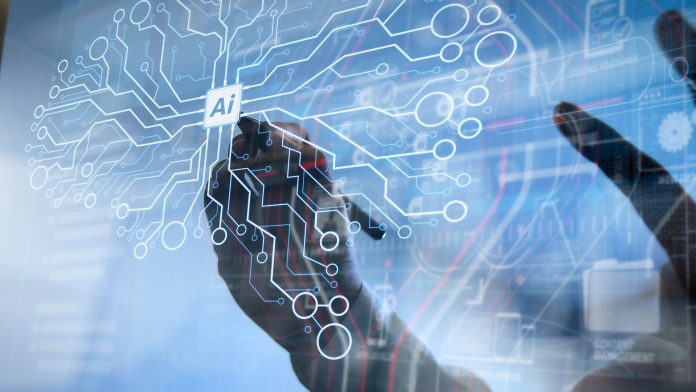Mastering Web Scraping with AI: A New Era of Data Collection

In today’s digital landscape, data is a crucial resource for businesses, researchers, and developers. Web scraping, the process of extracting valuable data from websites, has long been an essential method for gathering information archive Websites from the internet. However, as websites have become more complex, dynamic, and interactive, traditional scraping methods have struggled to keep up. Enter Artificial Intelligence (AI)—the technology that is revolutionizing web scraping and pushing it into a new era. With AI, web scraping tools are becoming smarter, more efficient, and better suited to handle the dynamic nature of modern websites. This article will explore how AI is reshaping web scraping and the transformative benefits it brings to data collection.
One of the primary ways AI is enhancing web scraping is by allowing tools to handle dynamic content seamlessly. Traditional scraping tools rely on static HTML and CSS structures to extract data, which becomes problematic when dealing with websites that load content dynamically via JavaScript. These modern websites often require user interactions like scrolling or clicking to load additional data, making it difficult for conventional scrapers to capture everything. AI-powered web scraping tools address this challenge by simulating human behavior, such as waiting for elements to load, interacting with web pages, or handling complex structures like infinite scrolling. By mimicking how a human user interacts with a page, AI ensures that all relevant data is captured, even on highly dynamic websites. This capability is essential for industries such as e-commerce, finance, and news aggregation, where real-time data extraction is critical.
AI also brings a higher level of accuracy and flexibility to web scraping. Traditional scrapers rely on fixed rules, such as predefined HTML tags or CSS selectors, to identify data points. This rigid approach can break when a website’s structure changes, leading to errors or missed data. AI-powered tools, however, leverage machine learning algorithms that can adapt to changes in website layout or design. By analyzing patterns in web pages and learning from past scraping attempts, AI scrapers can automatically adjust to structural changes without requiring manual intervention. This adaptability significantly reduces the maintenance burden associated with web scraping, making AI-powered tools more efficient and reliable over time. The ability to detect subtle structural shifts also ensures that data extraction remains accurate even as websites evolve.
Another major advantage of AI in web scraping is its ability to process and analyze unstructured data. A large portion of the content on the web is unstructured, such as text, images, videos, and social media posts. Traditional scraping tools struggle to extract meaningful insights from this type of content. AI technologies, including natural language processing (NLP) and computer vision, allow web scrapers to interpret unstructured data and extract valuable information. For instance, NLP can be used to analyze the sentiment of customer reviews, while computer vision can identify and classify objects in images or videos. With AI, businesses can now gather comprehensive datasets that include both structured and unstructured data, providing a more complete picture of online trends, customer opinions, and market behavior.
AI also dramatically improves the efficiency of web scraping by automating time-consuming tasks. Traditional scraping often requires significant manual setup, maintenance, and adjustments to work with specific websites or data points. AI-powered web scraping tools automate many of these tasks, allowing businesses to extract data quickly and with minimal human intervention. These tools can automatically identify relevant data, navigate complex web structures, and adapt to website changes, saving time and reducing the risk of human error. Furthermore, AI-driven scrapers can scale effortlessly to handle large volumes of data, making them suitable for businesses that need to scrape data from multiple websites or across a wide range of topics.
In conclusion, AI is revolutionizing the field of web scraping by addressing the challenges of dynamic content, unstructured data, and changing website structures. By enabling tools to handle complex web pages, adapt to changes, and analyze a wider variety of data types, AI is ushering in a new era of data collection. Businesses that embrace AI-powered web scraping will be able to collect more accurate, comprehensive, and timely data, leading to better insights and more informed decision-making. As AI continues to evolve, the potential for web scraping will only expand, offering exciting new opportunities for organizations looking to leverage the power of online data. The future of web scraping is here, and AI is at the forefront of this transformative shift.